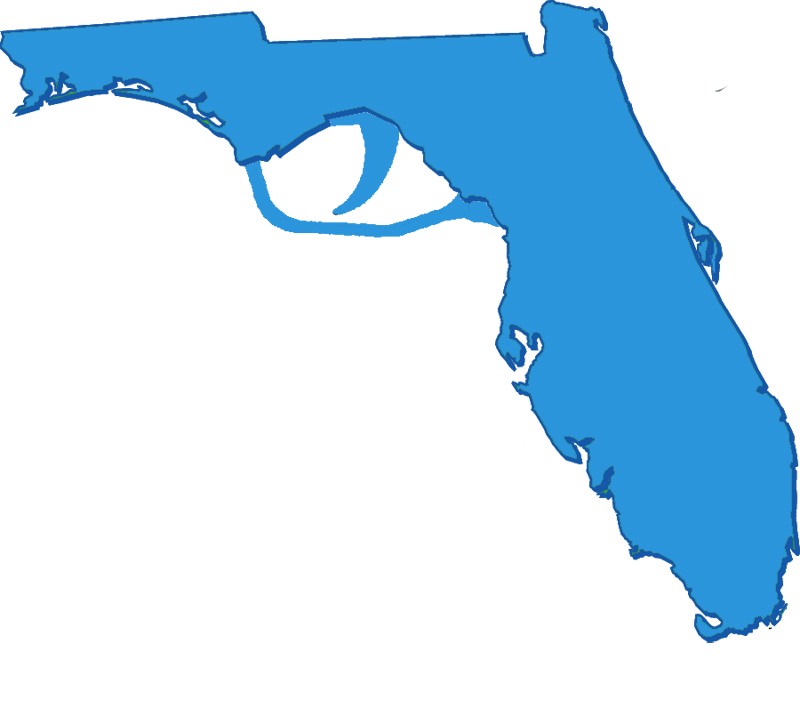We all know that routines can seem permanent, because they rarely change. Be it your school schedule, your workplace routine or even the way you wake up in the morning. It can be challenging to change circumstances that have always been a certain way. Making changes can seem even more impossible when it comes to systemic issues. So we at The Concordian want to dedicate this editorial to acknowledging the fact that change is happening.
We believe our society is on the brink of changing things that have been problematic for a long time. A shift is occurring, and although it isn’t completely transformative, it’s the beginning of something greater. Take a look at the victims of the Marjory Stoneman Douglas high school shooting in Florida. The students have become outspoken advocates who vow to bring an end to school shootings, according to The Guardian. Cameron Kasky, a 17-year-old survivor of the Florida shooting, started the #NeverAgain movement in the hopes of achieving this goal.
Emma Gonzalez, an 18-year-old Marjory Stoneman Douglas student, has also been recognized for her passionate speech at a gun control demonstration in Fort Lauderdale three days after the shooting. These students are just some of the many people who are stepping forward and challenging the system. They are calling out the National Rifle Association (NRA) in the United States and politicians who refuse to reform gun control laws.
This is inspiring to see at a time when mass shootings in the United States are much too common. We at The Concordian feel hopeful when we hear these students’ speeches and their determination to bring change to their country. Celebrities are inspired as well, with Oprah Winfrey and George Clooney, among others, donating millions to support a nationwide March for Our Lives protest next month, according to The Guardian.
This is a parallel to the #MeToo movement—people are using their voices to change the way things have always been. Sure, celebrities are becoming involved too, but we at The Concordian believe change begins at a grassroots level—it begins with average people spending their time and energy on a cause they truly believe in.
We also believe it’s necessary to bring attention to injustices and problems in our own country. Recently, 200 Montrealers gathered near Concordia for a vigil to honour Colten Boushie, a 22-year-old Cree man from Saskatchewan. Boushie was killed by a white farmer named Gerald Stanley who claims he shot Boushie in the back of the head by accident in 2016, according to the Toronto Star. An all-white jury acquitted Stanley of murder, and every Indigenous person who showed up to become a potential juror was rejected, according to the same source. This has sparked dozens of protests across Canada.
Since September 2017, a GoFundMe campaign to keep the memory of Colten Boushie alive has raised over $180,000, according to Global News. Hundreds of people are demanding #JusticeForColten and change to the Canadian justice system, according to The Globe and Mail. In 2016, Aboriginal people represented about five per cent of Canada’s population, but accounted for 24 per cent of homicide victims, according to Statistics Canada. This has to change—Canada’s justice system must be reformed in order to bring justice to Indigenous people. According to CBC News, the federal Justice Ministry will review the criminal justice system, including sentencing and the overrepresentation of Indigenous people in prisons.
Social issues are finally gaining some traction, and we at The Concordian believe it’s important to keep that momentum going. Change is a difficult thing to create, especially in a world where injustice and tragedy seem to be around every corner. But we believe the time has come to use our voices and support those who create change, so that together, we can build a better, more just world.
Graphic by Alexa Hawksworth




